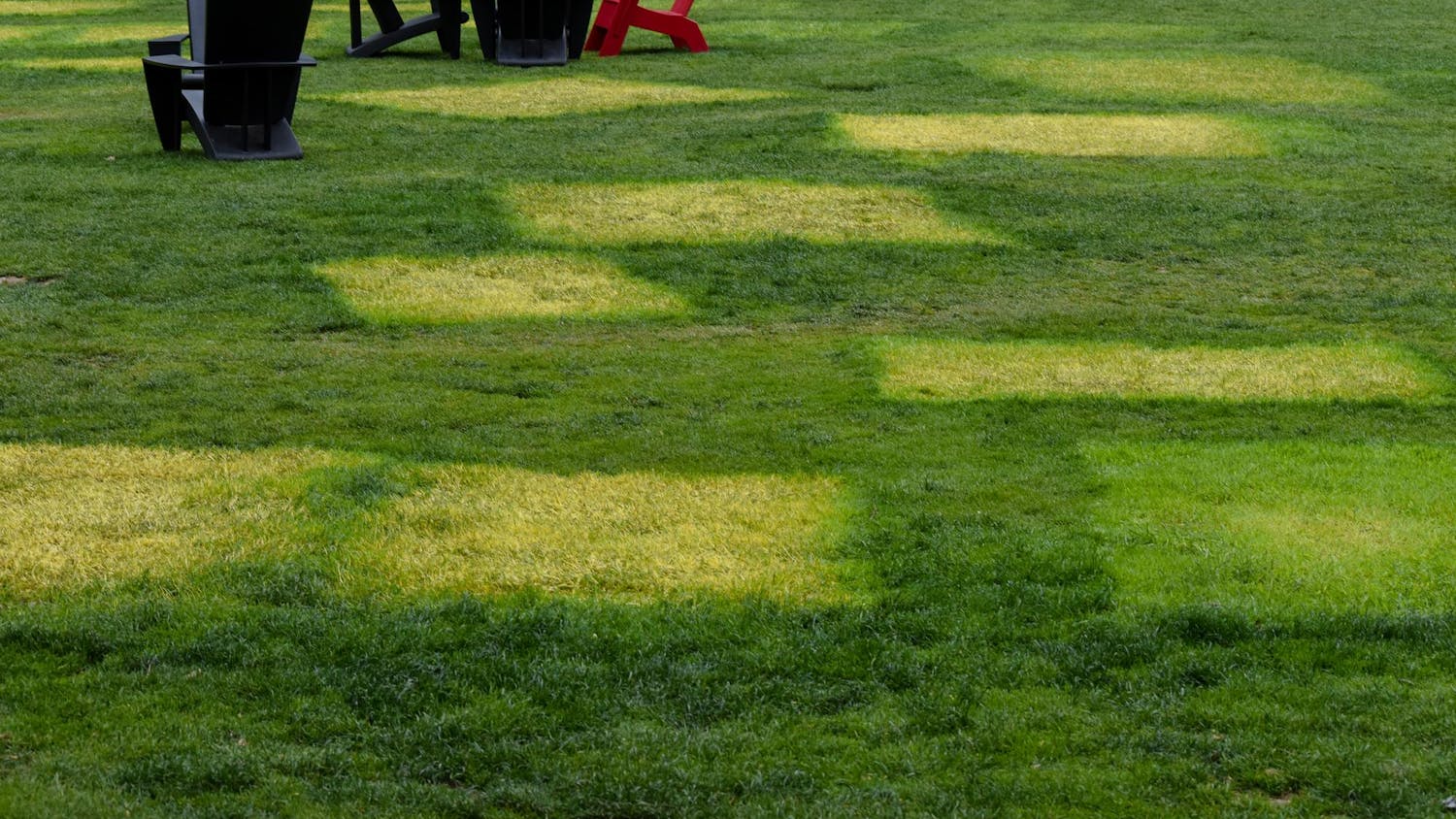Selected from a national pool of applicants by students and administrators in April, Julio Reyes ’12 began his work as the inaugural program director of the First-Generation College and Low-Income Student Center June 15.
In his role as program director, Reyes has been tasked with developing a strategic plan for the center that will support both undocumented students — including individuals enrolled in the Deferred Action for Childhood Arrivals program — and students from first-generation or low-income backgrounds, The Herald previously reported.
Reyes hired a student staffer, Evelyn Santos ’19, over the summer to conduct a “short term assessment of (the center’s) student engagement practices” to better understand students’ expectations of the center and its efficacy in accomplishing work, he said. Using the feedback Santos received, they were able to develop a plan outlining the center’s goals and proposals that Reyes calls “our guiding principles.”
The plan contains five central themes, Reyes said. Under his leadership, the center will prioritize increasing the visibility of the narratives of undocumented, first-generation and low-income students across the university, in addition to making campus resources more accessible for students, according to a written document of the plan obtained by The Herald.
In terms of campus-wide visibility, Reyes said he wants to create a flagship program unique to the FLi Center, similar to the Queer Legacy Series from the LGBTQ Center.
To increase the accessibility of resources, Reyes said he wanted to continue hosting the FLi Center’s Resource Days, which allows departments across campus to come into the center and educate FLi students on available resources.
But Reyes said he would like to adjust the format of the Resource Days to make them more effective. According to its guiding principles, the FLi Center asks that campus centers, support services and academic departments offer specialized workshops and “submit (an application) that explains how their office is building its own capacity to support (FLi) students” rather than “offering ad hoc presentations or simply having resources be visible in the space.”
The center will also emphasize intersectionality, Reyes said. “We acknowledge that students come and enter spaces with more than just their FLi identities,” he said, adding that providing “holistic support” would require collaboration with affiliated student organizations and campus centers specializing in empowering certain identities, like the Brown Center for Students of Color and the LGBTQ Center.
The plan also includes a central goal of increasing support services for undocumented and DACA students and raising awareness of issues impacting their community.
“Undocumented and DACA students aren’t necessarily a subset of the FLi Community,” Reyes said. But “they’re also prioritized in our work,” Reyes said. He intends to offer these students co-curricular learning and experiential learning opportunities, he added.
“Providing opportunities for advocacy through co-curricular engagement” is the final central theme, Reyes said, recognizing student efforts to push the University to create the FLi Center in 2016.
The FLi Center will also hold community days for “FLi students, faculty, staff and administrators” in addition to an intersectional programming series and a leadership retreat for students representing FLi groups on campus, according to the FLi Center’s guiding principles.
When supporting communities served by the FLi Center, “we have to stop thinking about it through a deficit model” by suggesting that these students don’t have social capital, he said. First-generation, low-income and undocumented students “come with their own types of wealth and knowledge that maybe just aren’t legitimized by institutions … (but) if we start to legitimize them at Brown, we may create a very different, unique student experience.”
Reyes also stressed that he is available to students as a resource. He added that he plans to attend meetings held by First-Gens@Brown and events organized by other campus centers, like the Welcome Back Series coordinated by the BCSC.
Mary Grace Almandrez, associate vice president for campus life and dean of students, said the search committee tasked with finding the inaugural director of the FLi Center looked for someone who could be a “visionary leader and help the community shape that vision.”
Reyes has a “very collaborative and inclusive leadership (style). … He truly believes in the power of students,” she added.
Maria Ortega GS, the graduate student coordinator at the FLi Center and a member of the search committee, said she could “definitely see how the center and the campus as a whole would benefit from having a full-time, dedicated staff member.”
Reyes is “really great at looking back at what we have done (as a center) and learning from that,” Ortega said. “I’m very excited.”





